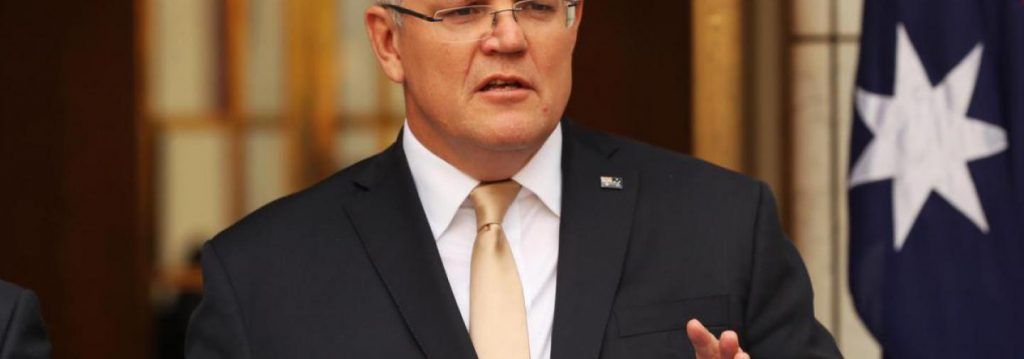The ATO has announced a new easier method for claiming home office expenses due to the increase of people working from home due to the COVID-19 lockdown.
Workers will now be able to claim hours worked in their home at a rate of 80 cents per hour. This method will cover all home office expenses from 1st of March 2020.
If a person worked from home prior to this date then the usual method of claiming home office expenses would be used. However, you can still choose to use the pre-existing method after March if you prefer to do so or it will result in a higher claim.
Examples of the two different methods are listed below:
Pre-existing method
Hours spent working at home (this covers electricity and home office furniture) = 456 hours x 52 cents per hour = $237.12
Home internet – 60% for work purposes = $162
Mobile phone – 40% for work purposes = $84
Depreciation of laptop – 70% for work purposes = $116
Total claim = $599.12
New method
Hours spent working at home (this covers all home office expenses) = 456 hours x 80 cents per hour = $364.80
As seen in the above calculations, in this instance the pre-existing method will result in a higher claim.
We recommend that if you are working from home then you keep records of all hours spent in your home office as well as receipts for home office expenses. This will allow you to then compare which method will be best to claim at tax time.
https://www.ato.gov.au/Media-centre/Media-releases/New-working-from-home-shortcut/












